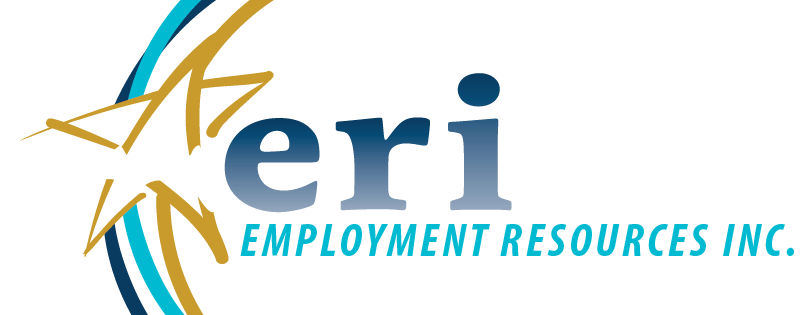If you have a disability and you're considering applying for a job or figuring out how you'd handle the work, you might have also thought about how some help or changes could make it easier for you to do your best. These changes are sometimes called reasonable accommodations and could support you to do your best work. The desire to do your best and planning to make that happen is an important brick in the foundation to reaching your employment goals.
Many accommodations can be requested without disclosing your disability, especially with all the new assistive technology used by people with and without disabilities. If the accommodation you require is something not typically used in the workplace, you may need to disclose your disability and ask an employer for a reasonable accommodation that would allow you to apply for a job or perform essential job functions.
The decision of when to disclose a disability and request an accommodation is entirely up to you – just remember that it’s best to make that decision before you have difficulties in the application process or on the job. It’s also a good idea to think about the future and consider addressing challenges before they become too serious.
Speaking up could lead to…
Speaking up for what you need to apply for a job or complete your job tasks could lead to:
- reaching your employment and life goals.
- feeling confident and empowered when you realize your voice makes a difference.
- knowing your planning and actions led to your success.
Think before you speak up
“Life isn't about just talking; it's about thinking too.”
― Marie Symeou
There are a few things to think about before speaking with an employer about accommodations. Here are some questions to ask yourself:
What do I need to be successful in applying for or performing well on a job?
Do some digging to learn what the application process or job would require of you. Are there certain accommodations that would allow you to complete the application process or complete your work more efficiently and effectively?
By knowing what the application process and job requires and what you would need to accomplish them, you can give your employer the opportunity to provide accommodations that would benefit both of you.
What are my rights and responsibilities as an employee with a disability?
As an employee with a disability, you have the right to reasonable accommodations at any step of the employment process, including application, hiring, and while performing essential functions of the job, unless providing accommodations would impose an undue hardship on the employer.
To receive an accommodation from an employer, you must disclose your disability and ask for a reasonable accommodation that would allow you to apply for a job or perform essential job functions. Keep in mind - with all the new assistive technology used by people with and without disabilities, many accommodations can be requested without disclosing your disability.
What is the best way to talk about my disability with an employer?
Being able to communicate is a valuable skill for all employees, regardless of disability status. If and how you choose to talk with your employer about your disability is entirely up to you. If you choose to disclose a disability and request a reasonable accommodation, consider:
- Providing your employer with information about the nature of your disability and the limitations involved.
- Sharing how the disability affects your ability to learn and/or perform the job successfully.
- Suggesting solutions that would allow you to complete your work more efficiently.
What are examples of reasonable accommodations?
A supervisor or employer could provide a reasonable accommodation by…
- Giving feedback in writing, rather than verbally, for an employee who communicates better through written materials.
- Changing its practice of offering parking only to upper management to allow an employee who is unable to walk long distances access to a reserved parking spot close to the building.
- Changing their office’s “no animals” policy to welcome an employee’s service animal.
- Purchasing software that magnifies the computer screen to allow an employee with low vision to correctly enter and read information on the computer.
- Providing a checklist to ensure task completion for an employee who has an intellectual disability.
- Reassigning an employee to an open position if the employee can no longer perform the essential functions of their current job. Important note: The employer does not have to create a new position, no other employees need be transferred or terminated to make a position vacant for the purpose of reassignment, and the individual with a disability should be qualified for the new position.
Source: ADA National Network
Remember, you don’t have to do this alone. If you have questions or just want to share your thoughts, reach out to a disability employment specialist or trusted friend.





